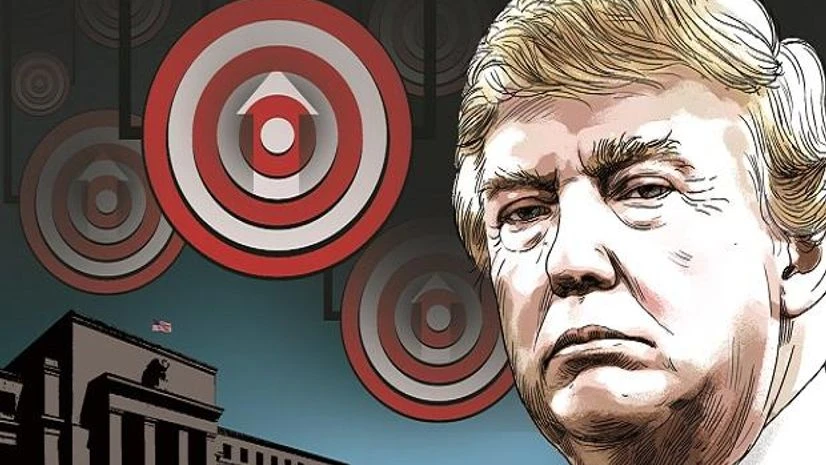The US economy grew at an annualised rate of 3.1 per cent in the first quarter of 2019, the government said Thursday in its third and final reading on the Gross Domestic Product (GDP) for the period.
The figure confirms that the economy, which has been facing headwinds from the trade war with China, got off to a solid start this year, the Efe news reported.
The Commerce Department report showed that the economy grew during the January-March period in line with economists' forecasts and at a rate well above the 2.2 per cent growth registered in the fourth quarter of 2018.
In the first quarter, the economy grew at the highest rate for a January-March period in four years, confirming that the world's largest economy continues to enjoy prosperous times after ending 2018 with GDP growth of 2.9 per cent, the highest rate since 2015.
The first-quarter figure also fulfills the promise made by President Donald Trump to get the economy growing at more than 3 per cent during his term.
Also Read
GDP growth, however, has been slowing gradually since the second quarter of 2018, when the economy expanded at an annualised rate of 4.2 per cent, prompting some economists to forecast an economic slowdown that still has not materialised.
Spending by state and local governments, foreign trade and inventory investment were the components of the GDP that powered the economy in the first quarter of this year, the Bureau of Economic Analysis (BEA), the Commerce Department agency responsible for calculating the economic indicator, said.
In the first quarter, however, consumer spending, which accounts for about two-thirds of economic activity in the United States, grew at an annualised rate of just 0.90 per cent, the lowest rate in the past year, due to greater than expected weakness in the service sector.
The consumer spending number was well below the 2.5 per cent increase registered in the fourth quarter of 2018.
The White House remains confident about the outlook for the US economy, basing its latest proposed budget on GDP growth of more than 3 per cent for this year and next.
Earlier this month, the International Monetary Fund (IMF), for its part, revised its 2019 GDP forecast for the United States upward to 2.6 per cent from 2.3 per cent despite the ongoing trade war between Washington and Beijing.
While economists say the trade war is a negative for the US economy, Trump has not changed his approach and insists that the economy is doing "fantastic."
The Federal Reserve, meanwhile, has pretty much ruled out any additional interest rate hikes for the rest of the year, and monetary policy makers have even indicated that a rate cut may be in the cards.
The US central bank, which implemented a series of rate hikes in 2018, said in March that it would hold off on additional monetary tightening amid a possible slowdown in the economy.
Trump has criticized the Fed for raising rates, saying the central bank should have waited until the economy had picked up more steam before moving to temper growth.
On Tuesday, Federal Reserve Chairman Jerome Powell said in New York that uncertainty about the outlook for the economy had grown, but he said monetary policy makers would not react to short-term events.
Powell also said the Fed would pursue an independent course despite the criticism from Trump.

)
